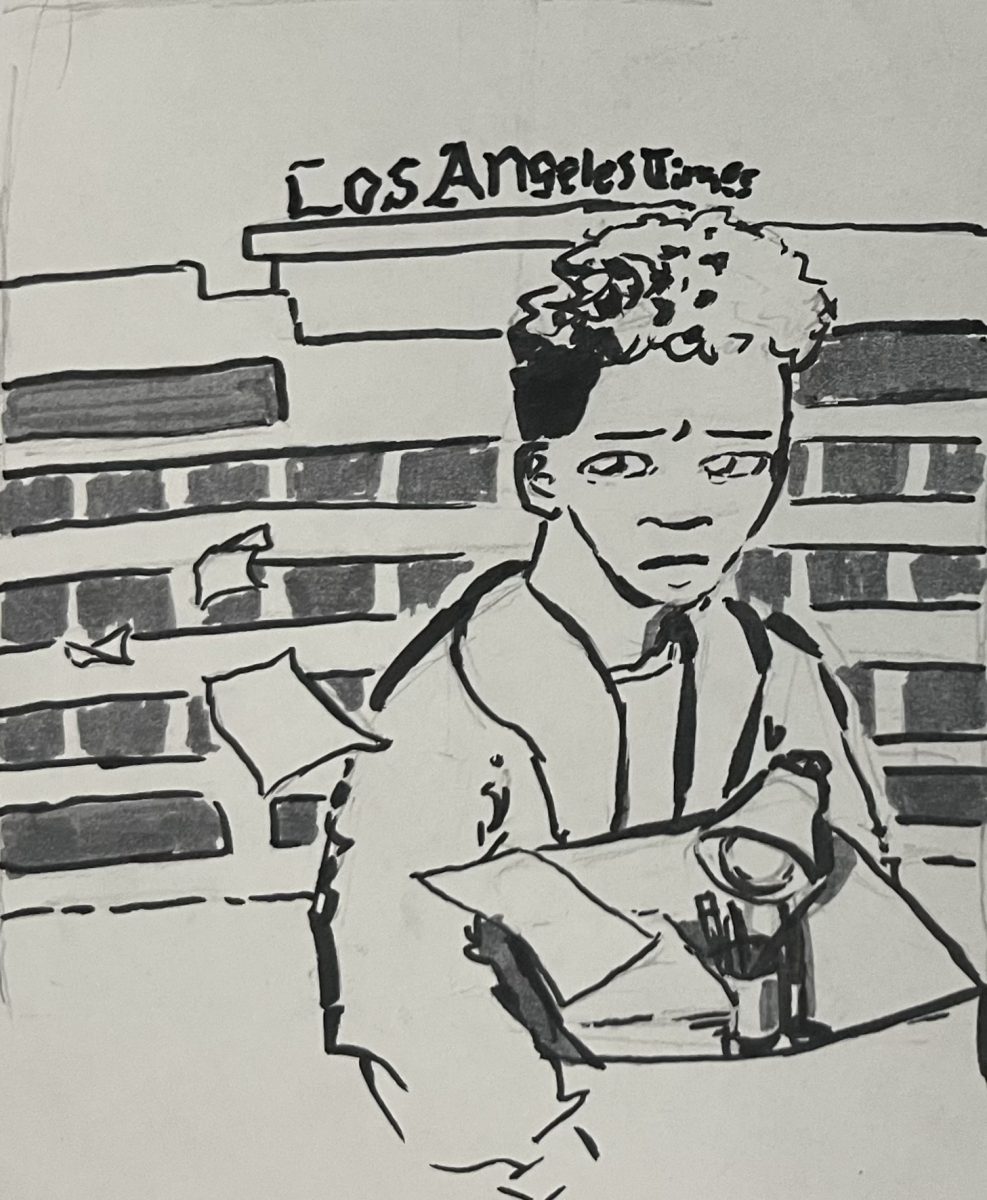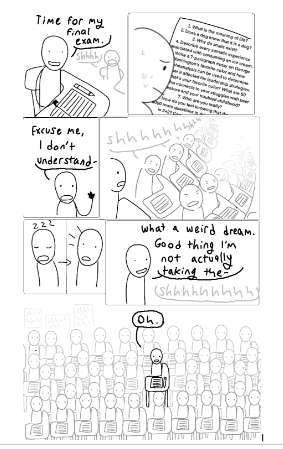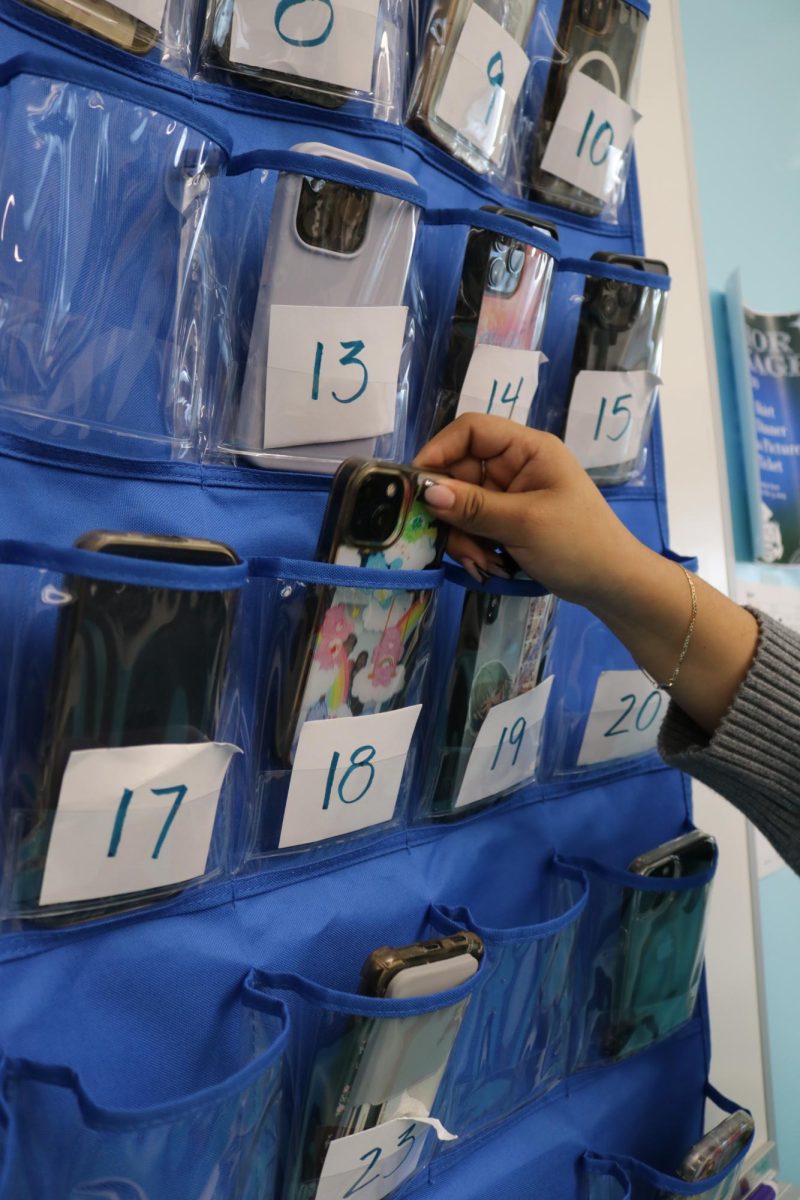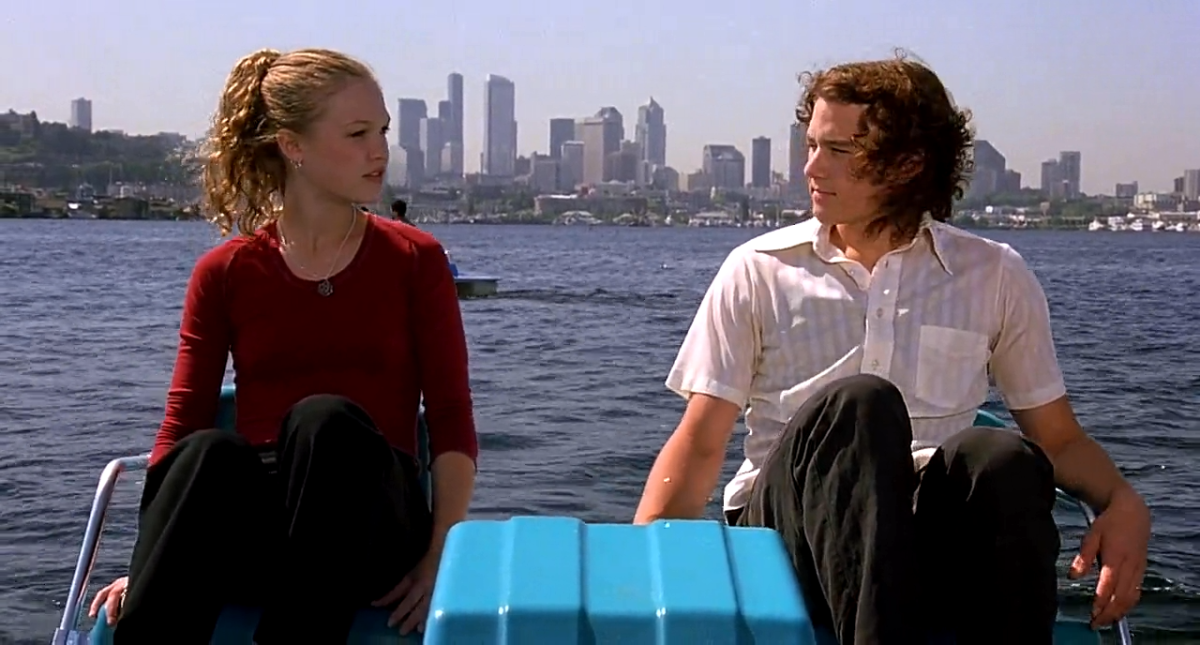Last month, 115 journalists were laid off by the Los Angeles Times. This is 20% of their newsroom slashed. Many were journalists of color, including reporters, editors, and managers.
I just can’t imagine how these journalists feel, having this job as a full time job and then it being taken away just like that, (especially after all the hard work put in representing their community).
Many of these journalists were working on De Los, a section of the publication that focuses on Latino stories and culture. We make up roughly half of Los Angeles county’s population and we have been historically underrepresented in media.
What will this mean for future journalists of color—those whose dream it is to make it to a destination like the LA Times? When I heard the news for the first time, I felt as if that dream was being taken away.
How can our community grow and be more involved if we are getting opportunities taken away?
I spoke to Andrea Flores, a staff writer for De Los who received a layoff notice on January 23.
After relocating from Illinois to Los Angeles for the De Los opportunity, she wrote for the section for seven months.
She was living off food stamps and was unemployed before moving here was happy to finally be financially stable and to be in a city many dream of.
“It’s crushing—I loved my job,” she said. “I believe everyone on my team that I worked with absolutely wakes up everyday and actually loves what we did.”
Just imagine the many other journalists of color who were laid off that were also in Flores’s situation financially and emotionally.
Now Flores will soon be unemployed. Flores’s story seems to say that the LA Times doesn’t care for journalists who moved to LA and left their homes to have the job they wished for.
They decided to just take it away like it’s not going to affect their staff who stayed, their audience, and those stressing about employment.
“It was a wrong decision, a brutal decision, a big mistake,” Flores said. “For the LA Times—a Los Angeles publication based in California where the majority of the Latino community is and Latino influence is—to cut such a big number of people, and more specifically Latino staff, is hurtful to Los Angeles.
“It’s hurtful to me, it is hurtful for Californians. It will completely impact the stories that are being told.”
And those stories are Latino stories.
“We were highlighting the Latino community in a way where it’s not just about violence or terror. It’s not about statistics that shine a light on our community,” she said. “It was about highlighting success, highlighting happiness, highlighting different identities—unique stories within La Latinidad.”
I also spoke to Julio Ricardo Varela about the situation with the LA Times. Varela has been in the media space and consistently advocated for stronger Latino representation.
“If you’re not seeing yourself consistently in media—particularly in journalism—then why would you consume something that’s not reflective of who you are?” he said.
Before being an Opinion Columnist for MSNBC, Varela founded Latino Rebels and later joined Futuro Media, a website that focuses on Latino narratives. “I didn’t see myself in journalism, so I created a site that said, ‘You know what? I’m going to write about my world.’”
Varela is deeply committed to putting his community first. “I wake up every morning and say how can I help my community.”
I agree with Ricardo Varela. If we’re not seeing ourselves in media, then why would we even bother to glance at it? However Latinos being involved in the media hasn’t never been consistent.
It’s great to see TV shows like One Day At A Time, Gentefied, and one of my favorites, Party Of Five that showcases storylines about gentrification, deportation, and other Latino experiences that are not being acknowledged enough by the media.
From my point of view, it still seems as if the media wants to push us Latinos out of the picture. These new changes are not stopping Flores. She has hope and she doesn’t want this to scare her nor future journalists.
“Keep going,” she told me. “That’s the only direction we can go is up. We should use this moment as an opportunity to wake up and to motivate us. Now more than ever we need storytellers.”













